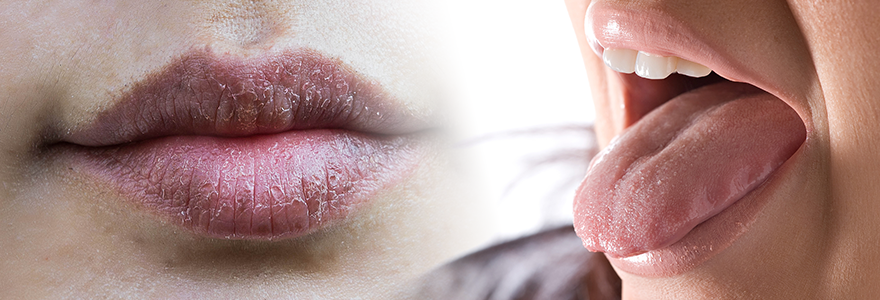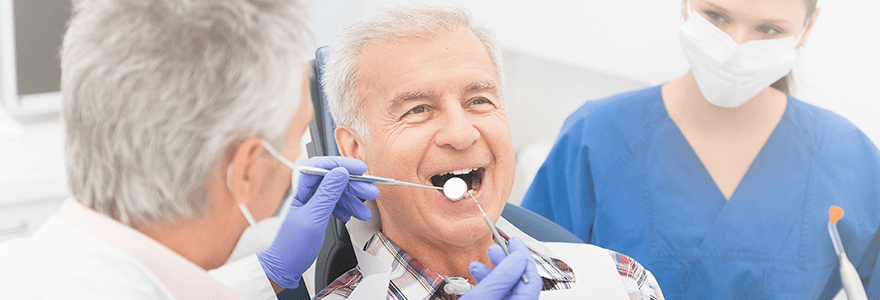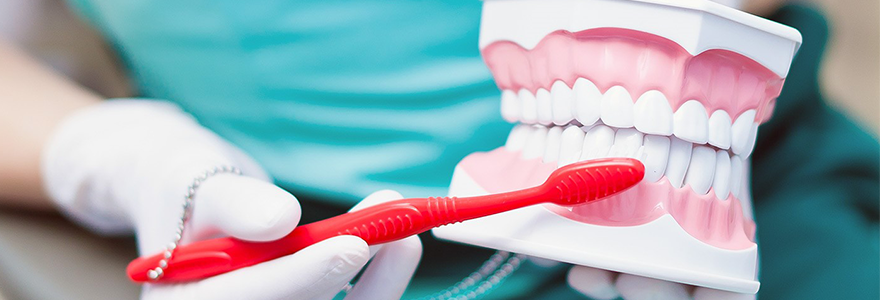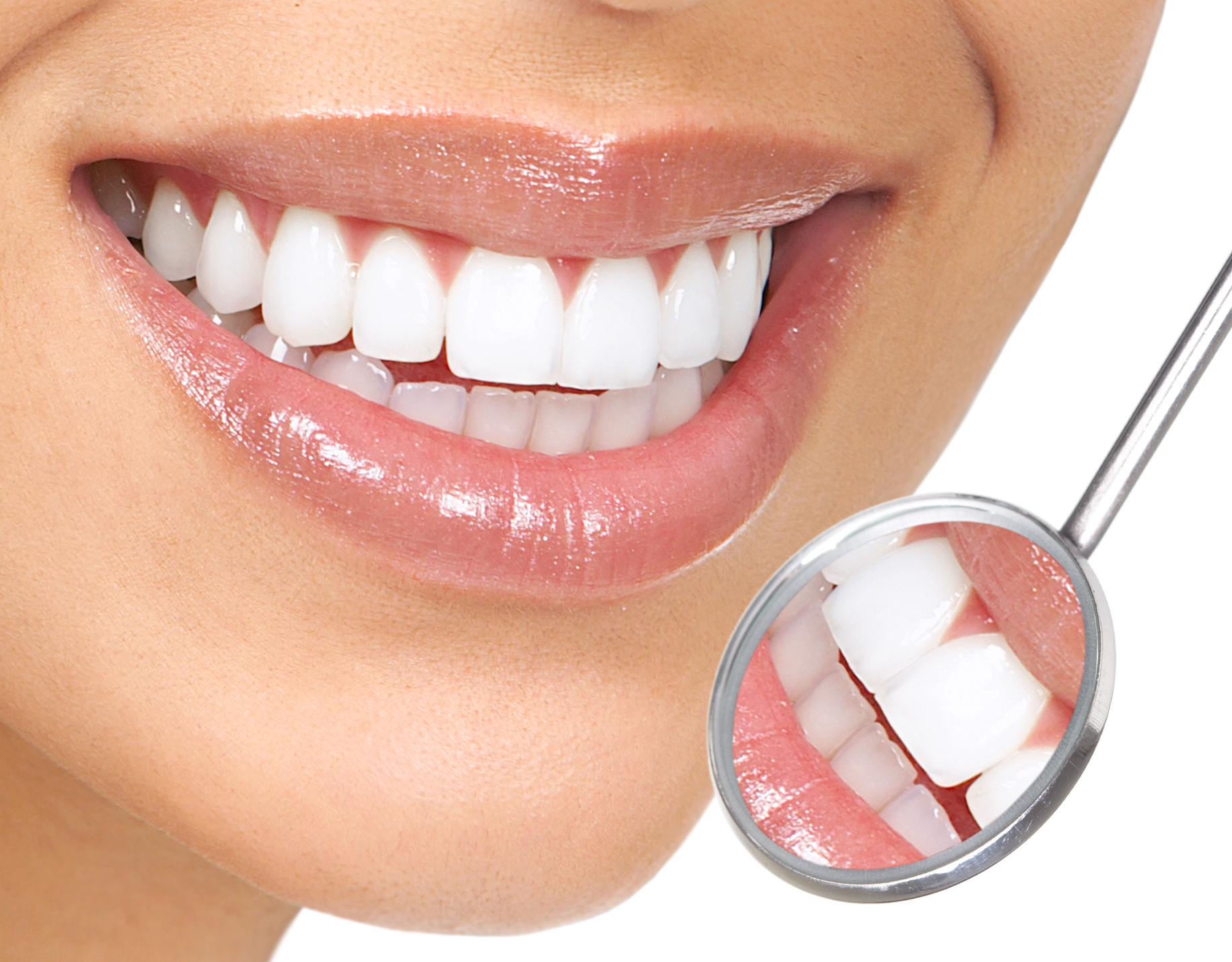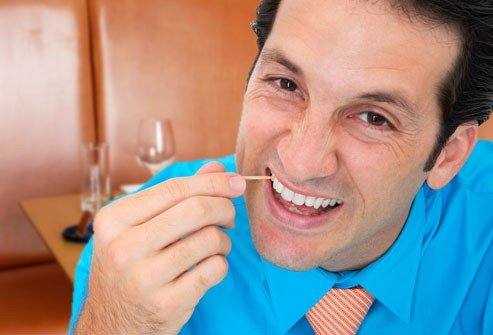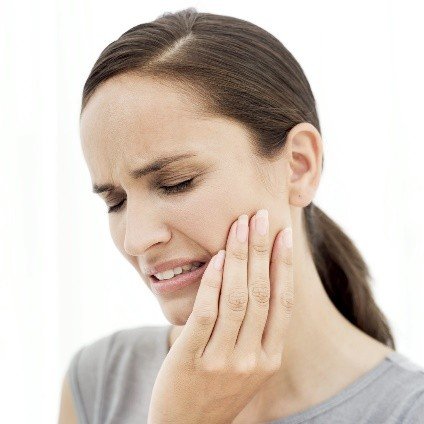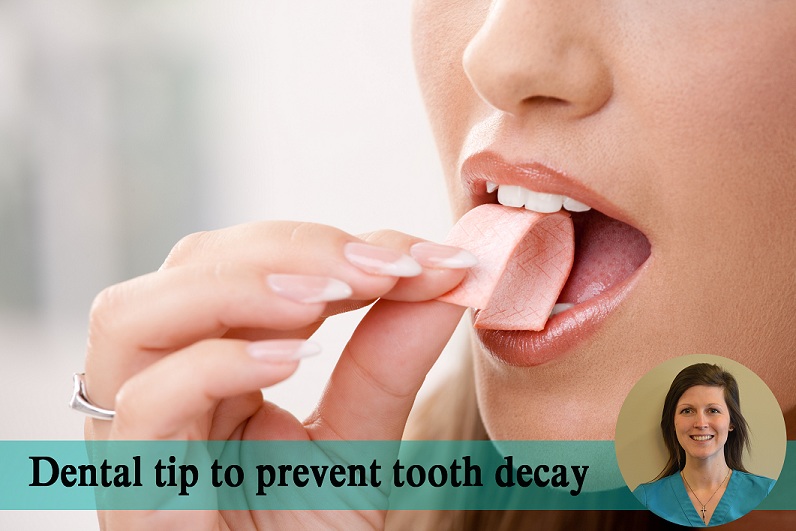- Post author:Dr. Gurpreet Gill
- Post published:December 9, 2020
- Post category:Dental Care/Children Dental Care/Cosmetic Botox/Dental Anxiety/Dental Braces/Dental Bridges/Dental Care in Calgary/Dental Crowns/Dental Fillings/Dental Hygiene/Dental Implant/Dental Services/Dental Veneers/Dentures/Emergency Dental Care/Family Dental Care/Invisalign Dental Braces/Kids Dentistry/Mouth Guards/Root Canal Treatment/Services/Teeth Cleanings/Teeth Whitening/Tooth Extraction/Wisdom Teeth Removal
Is it safe to see the dentist during COVID-19? Yes!
The coronavirus pandemic has altered the world around us. Preventive protocols like physical distancing and covering mouth are now important to avoid the risk of Covid-19 infection. But, it is also important to maintain oral health. A cleaner and healthy mouth contribute to minimizing the chances of viral infections as it is well known that a healthy body is less prone to any infections. The pandemic has pushed many to neglect their oral health concerns and as the world starts to unlock, the question still persists- Is it safe to see the dentist during COVID-19?
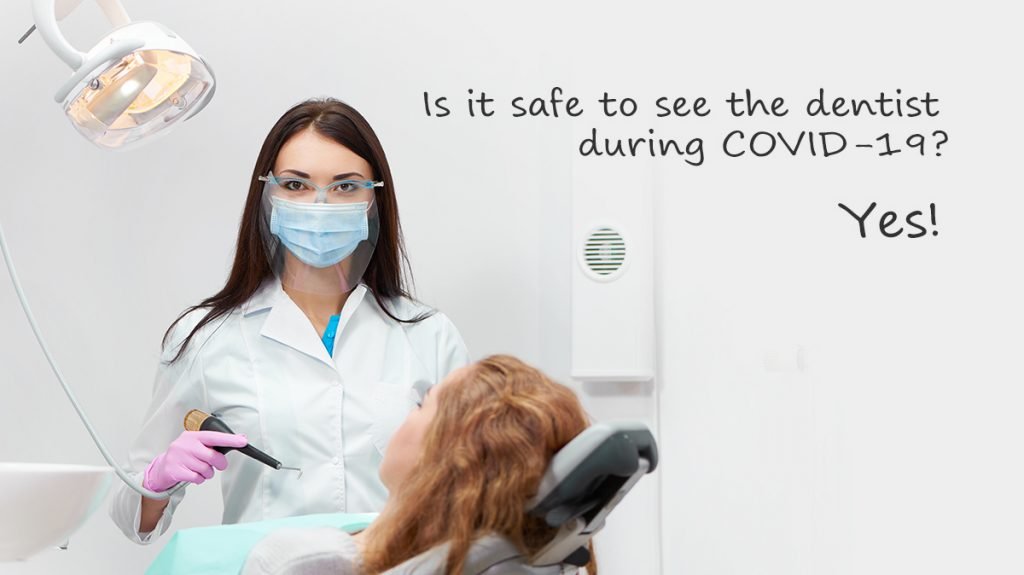
According to the Centers for Disease Control and Prevention(CDC), there has not been one single reported case of COVID-19 transmission associated with dental offices so far. Just like any of us using masks on daily basis, washing hands, using sanitizers, disinfecting surfaces, the dentists to have already put all preventive protocols in action to ensure safety for their staff and patients. All safe dental offices have geared the patient & staff interaction to be straightforward and predictable by minimizing contact wherever possible, by using PPE kits and minimizing chairside adjustments, etc. Efficiency in all aspects of treatment and operations has now become critical. So, why neglect oral health when all the infection control procedures are in place! The dental community has been issued safety guidelines to follow, but here are a few things you can do to overcome the hesitation of seeing your dentists during the pandemic.
Yes, Please.
If all instruments/tools are sterilized after each patient.
If the answer to all of these questions is “yes,” it means the dental office is doing everything to provide a safe environment & hence, you can feel at ease going to the dentist’s office.
A safe dental practice:
● Records your detailed travel history and medical history.
● Sterilizes instruments for each and every patient.
● Uses disposable suction tips and instruments.
● Disinfects the dental chair, instrument panels, dental light unit and benchtops between every appointment.
● Places protective barriers over surfaces such as a headrest, x-ray units, etc.
● Uses Personal Protective Equipment (PPE)
● Requests patients to undertake a 30-second preoperational antimicrobial mouth rinse with a 0.1% hydrogen peroxide solution before treatment
● Uses high-speed suction that reduces aerosols by 95% whenever possible.
● Uses rubber dam that reduces aerosol by 70% whenever possible.
Come to Expressions Dental for all your Dental Needs!

